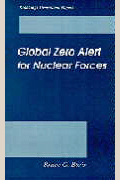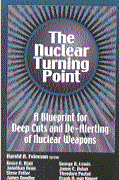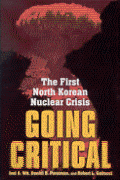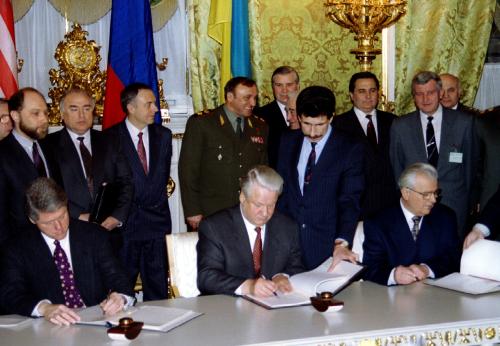There are reports that, at the G-7 foreign minsters’ meeting in Italy on April 11, Secretary of State Rex Tillerson startled his counterparts by asking: “Why should U.S. taxpayers be interested in Ukraine?” His spokesperson later dismissed the question as a “rhetorical device.”
Rhetorical or not, it is a bit surprising that Secretary Tillerson would pose the question. It is, however, a question that many American taxpayers, less versed in foreign affairs, might understandably ask. After all, Washington’s foreign policy agenda is full, and Ukraine is 5,000 miles away.
Here’s the answer.
Good international partner
Since Ukraine regained its independence in 1991, it has been a good partner for the United States on issues that mattered critically for U.S. foreign and security policy. For example, in the early 1990s, Ukraine gave up the nuclear arsenal that it inherited following the collapse of the Soviet Union. That included 176 intercontinental ballistic missiles (ICBMs) and 44 Blackjack and Bear-H strategic bombers, along with the 1,900 strategic nuclear warheads those missiles and bombers could carry—all of which were designed and built to strike the United States.
In the late 1990s, Kyiv agreed to align its non-proliferation policy with Washington’s. One immediate result: The Ukrainian government terminated a contract that the Ukrainian company Turboatom had to supply the turbine generator for the nuclear power plant that the Russians were building at Bushehr, Iran. Years later, the Ukrainian government agreed to transfer all its highly enriched uranium to consolidated, secure storage, a key goal of U.S. nuclear security policy.
In 2003, following the fall of Baghdad, Ukraine agreed to provide three battalions to the Iraq coalition stabilization force. From that summer until the end of 2005, Ukraine had the fourth largest troop contingent in Iraq, after the United States, Britain, and Poland.
Ukraine has not moved as fast on domestic political and economic reforms as Washington would have liked—but on key foreign policy issues, Kyiv has been very responsive to U.S. desires. That merits American interest.

Budapest Memorandum
In 1994, as part of the arrangement under which Ukraine gave up the strategic nuclear weapons on its territory, the presidents of the United States, Russia, and Ukraine, along with the prime minister of Britain, concluded the Budapest Memorandum on Security Assurances for Ukraine. In that document, the United States, Russia, and Britain committed to respect Ukraine’s sovereignty, independence, and territorial integrity as well as not to use force, or threaten to use force, against Ukraine. They also agreed not to use economic coercion.
Russia has blatantly violated those commitments with its illegal seizure and annexation of Crimea in 2014 and subsequent support for the conflict in the Donbas region of eastern Ukraine. Fighting between Russian/separatist forces and the Ukrainian military in the Donbas has claimed some 10,000 lives, and a settlement is nowhere in sight.
The Budapest Memorandum was a key piece of the deal that got rid of 1,900 strategic nuclear warheads that could target America. That mattered a lot to Washington in 1994, and U.S. officials told their Ukrainian counterparts when negotiating the document that the United States would take a strong interest in what happened in Ukraine.
Bolstering European security
Above and beyond Ukraine, Russia’s aggression constitutes a fundamental challenge to the post-Cold War European security order and raises questions about what the Kremlin might try next. That is of interest to the United States, given that the trans-Atlantic relationship links us to our longest and closest friends and partners, and we are committed to their defense in NATO.
Support for Ukraine, along with political and economic sanctions, are ways in which the West can make clear to Moscow that there will be consequences for its egregious misbehavior. The risk otherwise is that the Kremlin might undertake other actions that would further threaten European security and stability.
Would Moscow use military force against the Baltic states, which are members of NATO? Most likely not. But five years ago, the answer would have been a resounding “no.” Supporting Ukraine and imposing costs on Russia for its aggression help ensure that Moscow does not miscalculate in a way that would lead to deeper crisis.
Secretary Tillerson’s question, if odd coming from him, is one that many American might ask. However, there are very good reasons why the United States should take an interest in Ukraine.










Commentary
Why should the United States be interested in Ukraine?
April 12, 2017